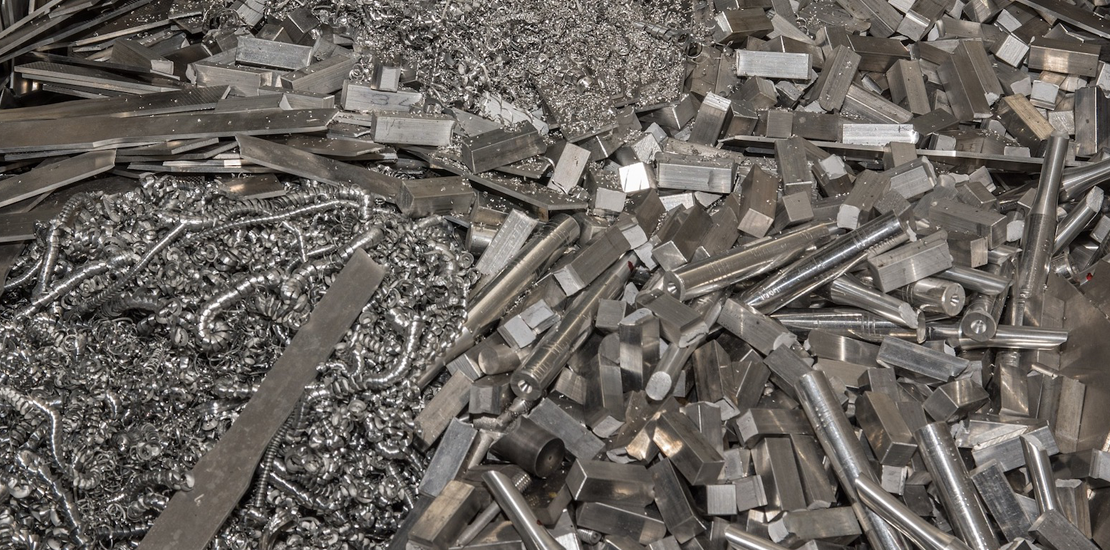

Types of Aluminium Alloys
- ADC12
- ALSI132
- LM4
- LM24
- AC4B
Aluminium and its alloy are used because of their optimum usage, lightness, corrosion resistance and strength. Aluminium alloys weight generally around a third of the weight of the equivalent sized steel component, with much better corrosion resistance. We will offer you most forms.
Shreeya International source various type of Alloys from its associate refineries situated in countries like China , Korea, Russia, Australia, Thailand, Middle East, Africa & Europe region with assured quality & competitive price . Aluminum Alloys like ADC12, ALSI132, LM4, LM24 and AC4B are some of the standard Alloys.
Do You Know ?
In spite of the fact that aluminum is chemically very active, it does not corrode in moist air the way iron does. Instead, it quickly forms a thin, hard coating of aluminum oxide. Unlike iron oxide or rust, which flakes off, the aluminum oxide sticks tightly to the metal and protects it from further oxidation. The oxide coating is so thin that it is transparent, so the aluminum retains its silvery metallic appearance.
Types of Aluminium Alloys
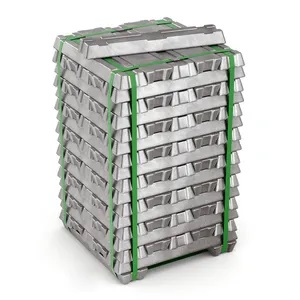
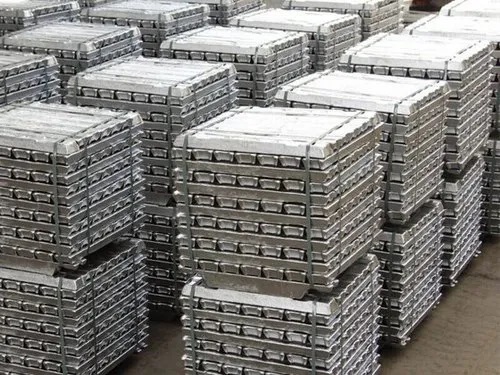
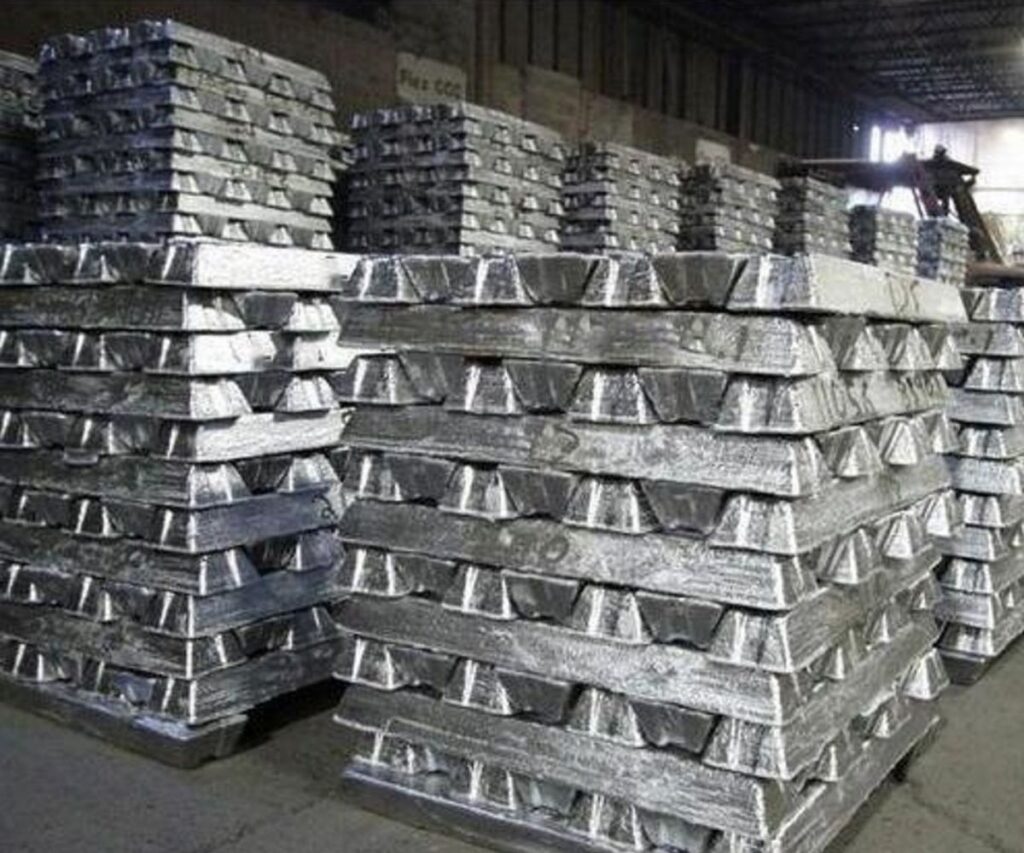
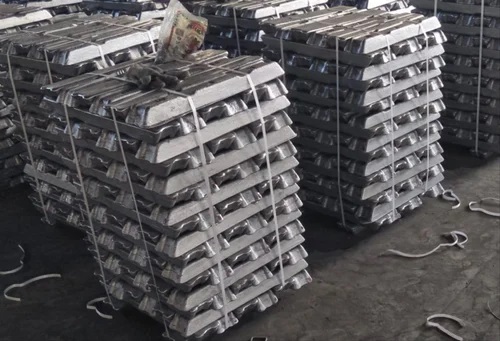
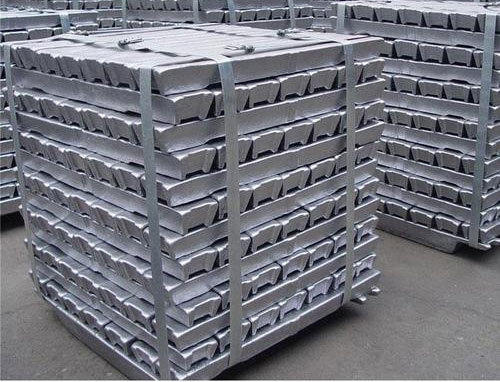
Classification of Aluminium Alloys:
Aluminum alloys are a group of metallic alloys that are primarily composed of aluminum, along with other elements such as copper, magnesium, silicon, zinc, and manganese. These alloys are widely used in various industries due to their unique properties, such as high strength-to-weight ratio, excellent corrosion resistance, and good machinability.
Aluminum alloys can be classified into two main categories: wrought alloys and cast alloys. Wrought alloys are those that are worked into their final shape, such as extruded or rolled products. Cast alloys are those that are cast into their final shape, such as aluminum engine blocks or cylinder heads.
Aluminum alloys are commonly used in the aerospace, automotive, construction, and packaging industries, among others. In aerospace, aluminum alloys are used to make aircraft frames, wings, and fuselages, as well as other components due to their lightweight and high strength properties. In the automotive industry, aluminum alloys are used to make engine blocks, wheels, and other components to improve fuel efficiency and reduce emissions. In construction, aluminum alloys are used for roofing, window frames, and façades due to their corrosion resistance and low maintenance requirements. In the packaging industry, aluminum alloys are used to make cans, foil, and other packaging materials due to their durability and light weight.
Overall, aluminum alloys are a versatile and important group of materials that are widely used in various industries due to their unique properties and characteristics.
Use of Aluminium Alloys:
Aluminum alloys are widely used in various industries due to their unique properties and characteristics, including:
Aerospace: Aluminum alloys are used extensively in the aerospace industry due to their lightweight, high strength, and corrosion resistance properties. These alloys are used in the construction of aircraft frames, wings, and other components.
Automotive: Aluminum alloys are increasingly being used in the automotive industry to reduce weight and improve fuel efficiency. These alloys are used in the construction of engine blocks, wheels, and other components.
Construction: Aluminum alloys are used in the construction industry due to their durability, corrosion resistance, and low maintenance requirements. These alloys are used in roofing, window frames, and façades.
Packaging: Aluminum alloys are used extensively in the packaging industry due to their light weight, durability, and excellent barrier properties. These alloys are used to make cans, foil, and other packaging materials.
Electrical: Aluminum alloys are used in the electrical industry due to their good conductivity and lightweight properties. These alloys are used in the construction of power transmission lines, electrical conductors, and other electrical components.
Marine: Aluminum alloys are used in the marine industry due to their corrosion resistance and lightweight properties. These alloys are used in the construction of boats, ships, and other marine structures.
Overall, aluminum alloys are a versatile group of materials that are used extensively in various industries due to their unique properties and characteristics. Their use has led to advancements in technology, improved performance, and reduced environmental impact.